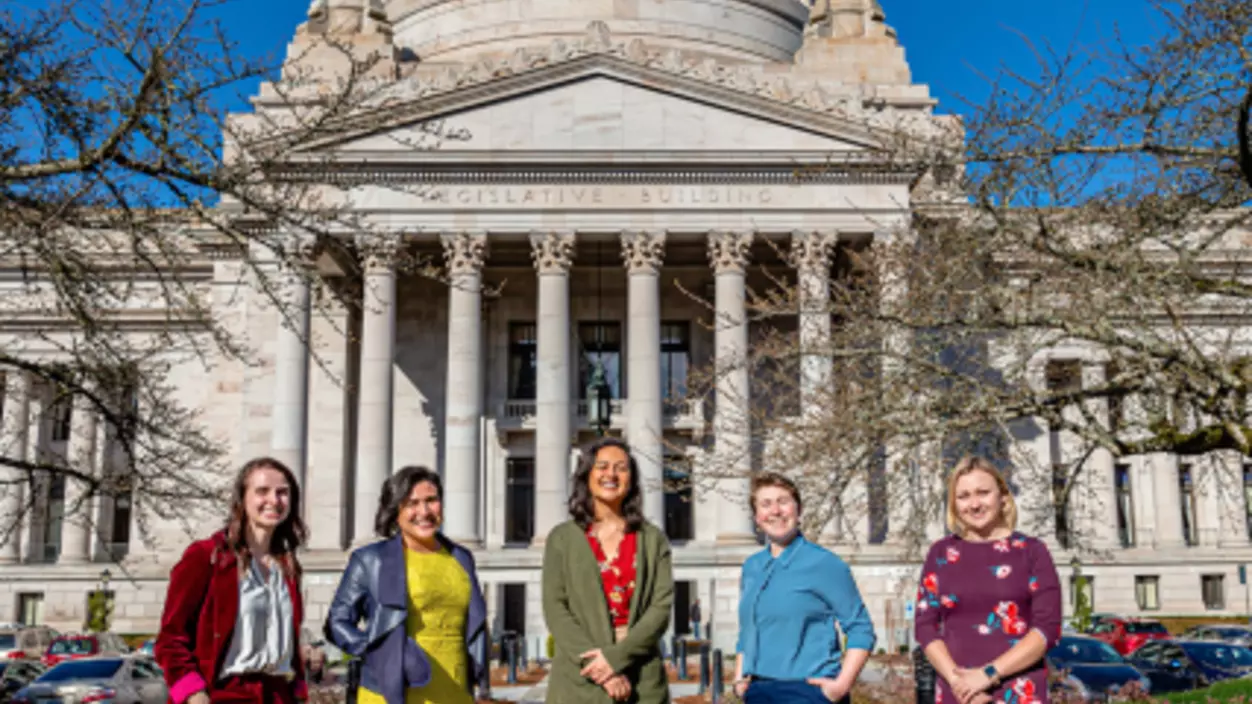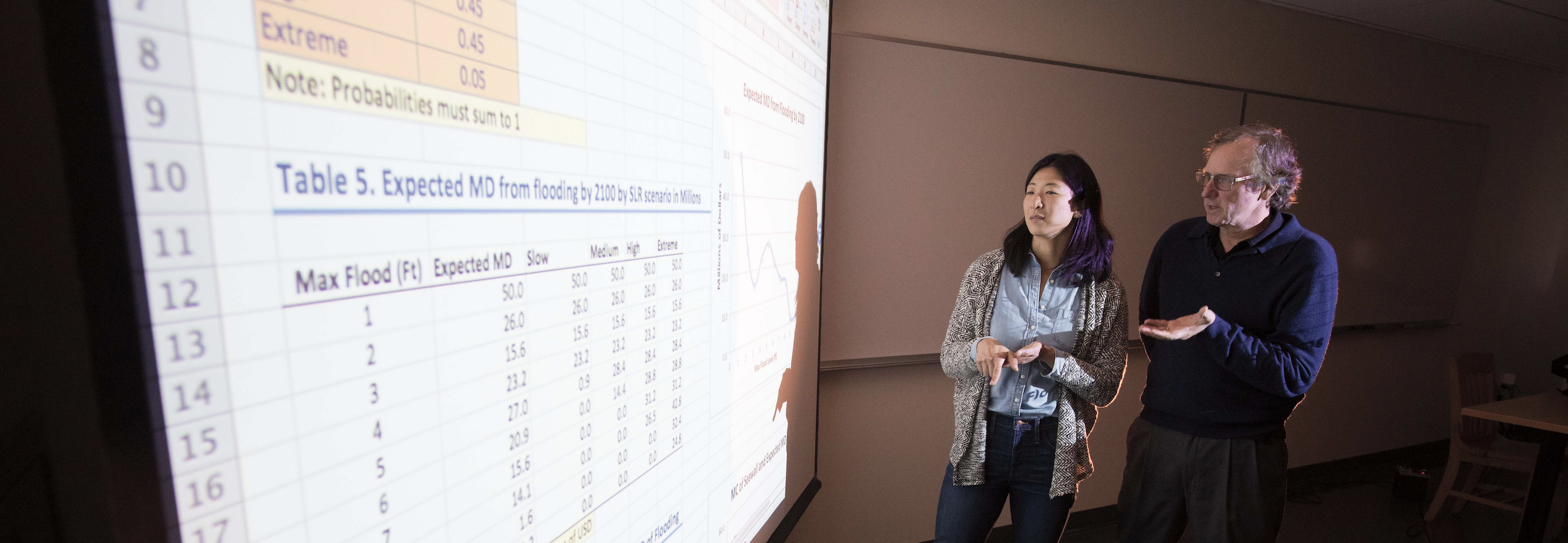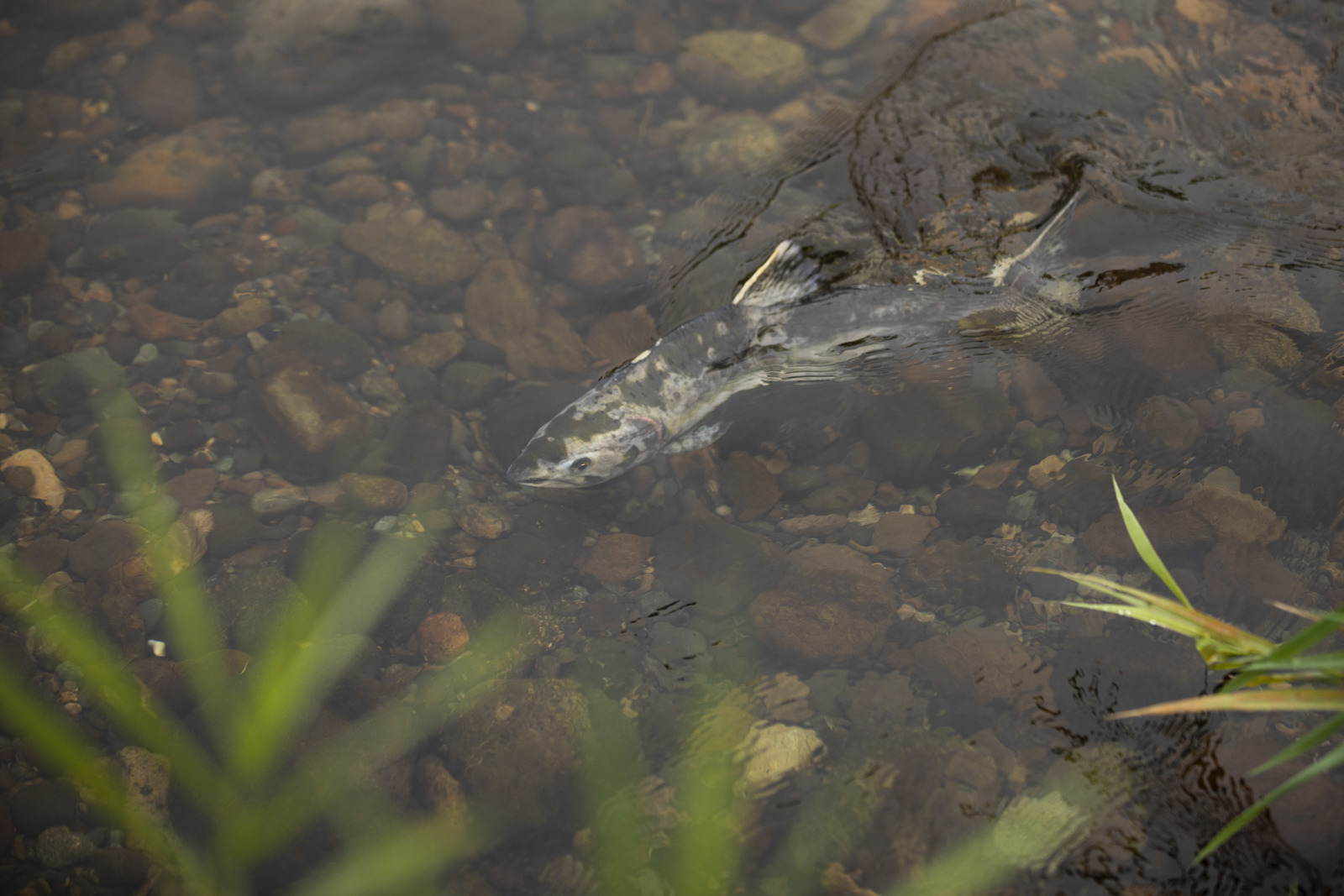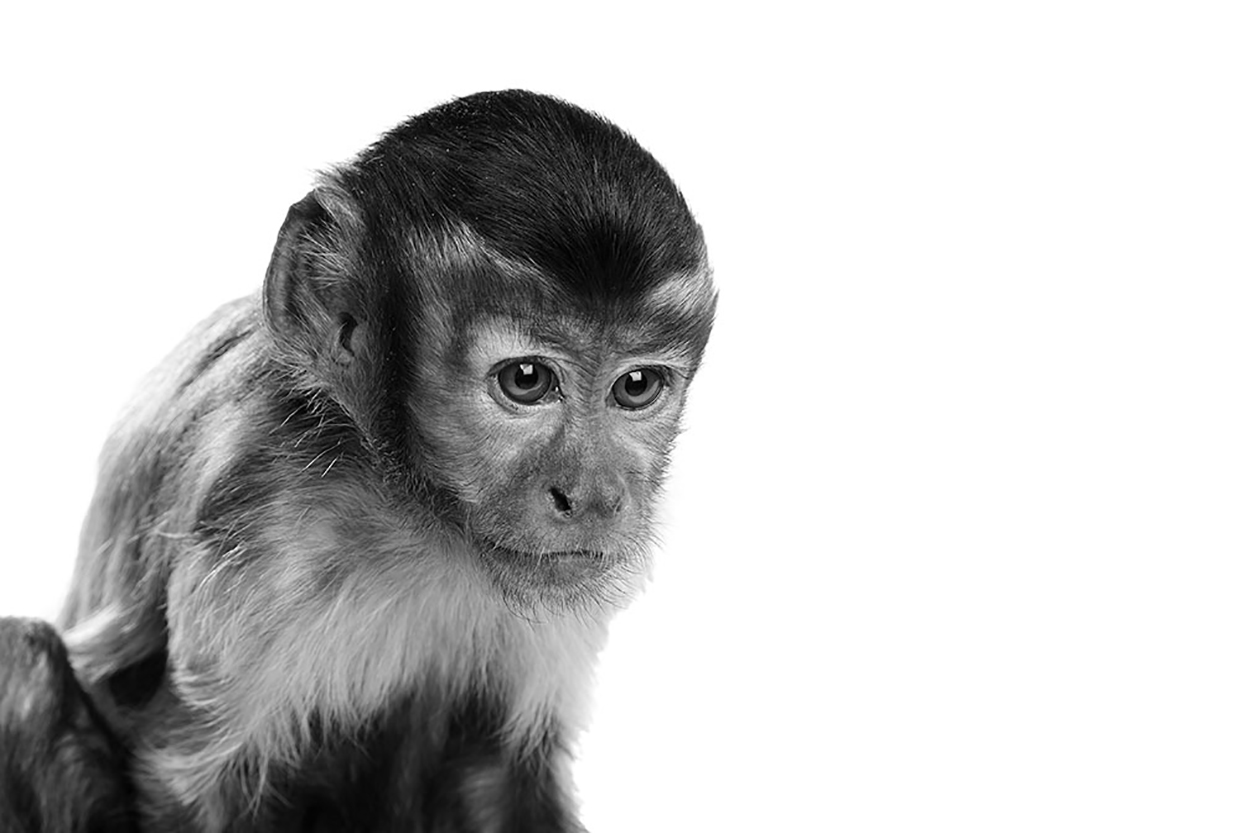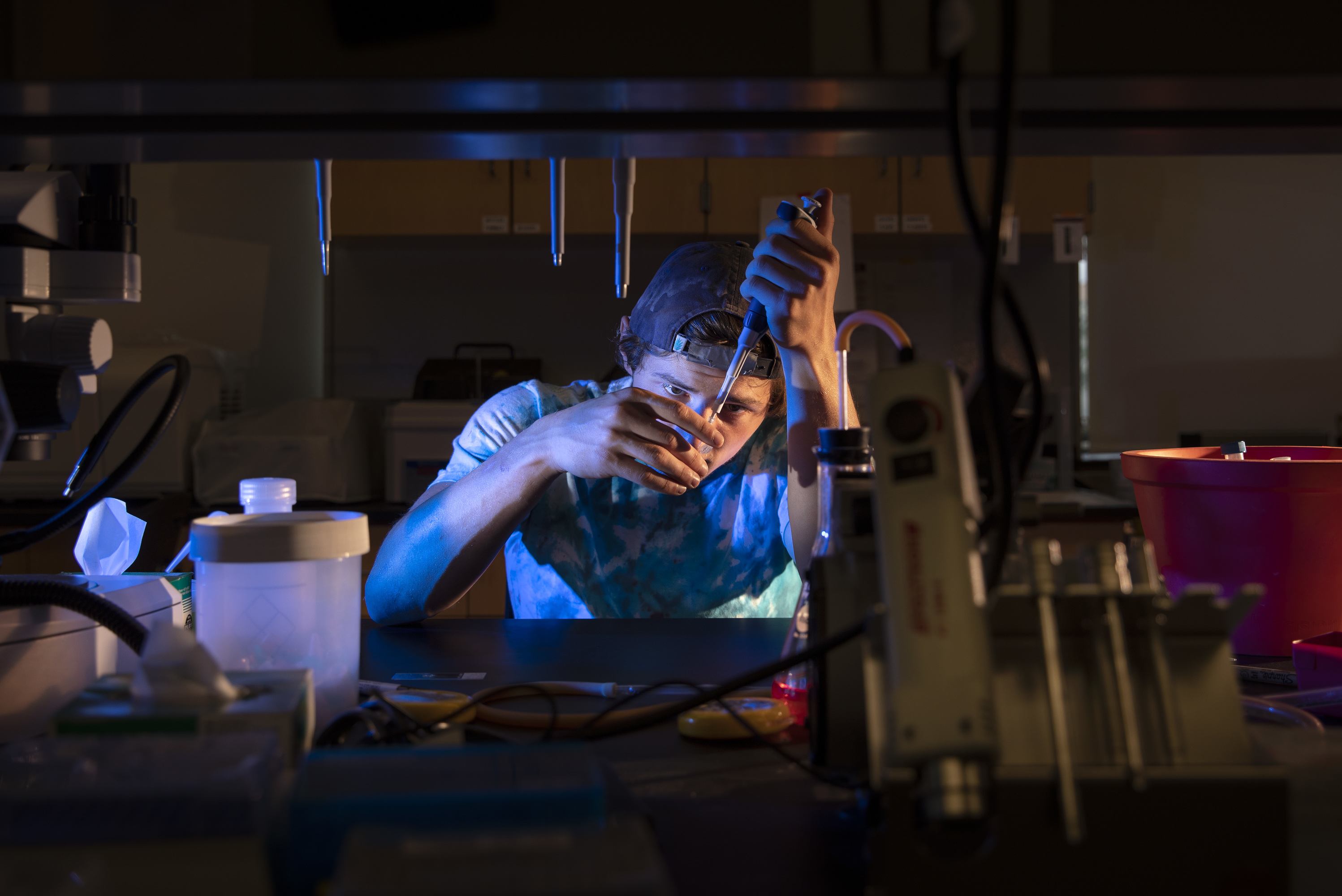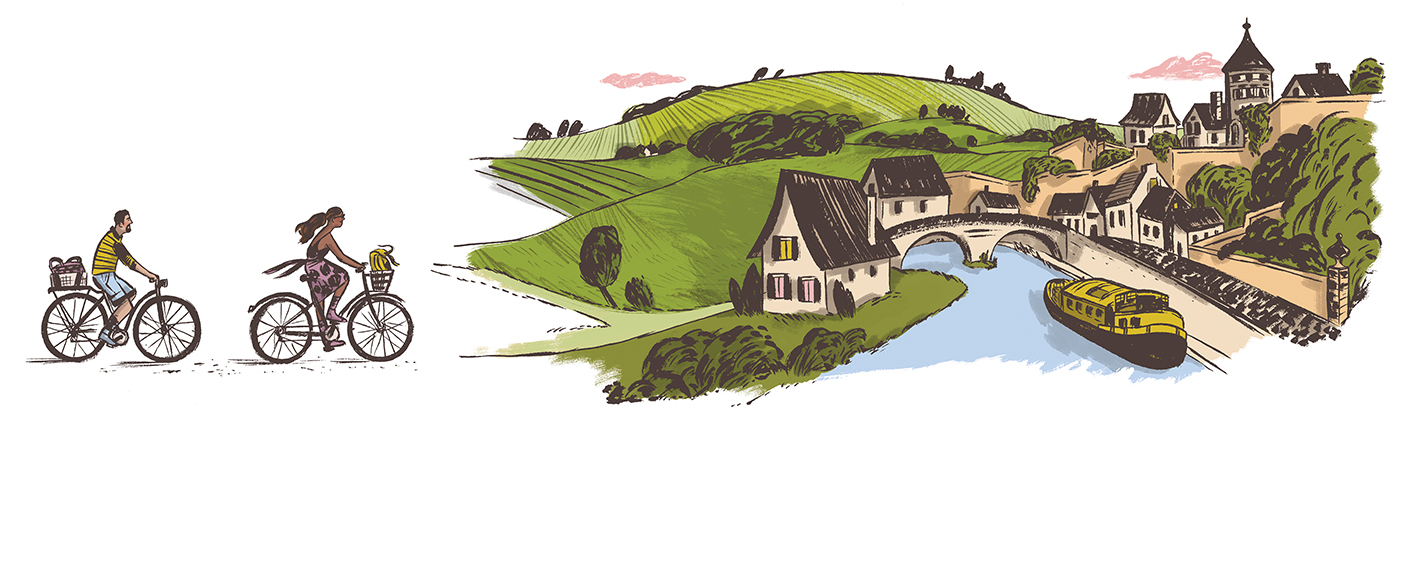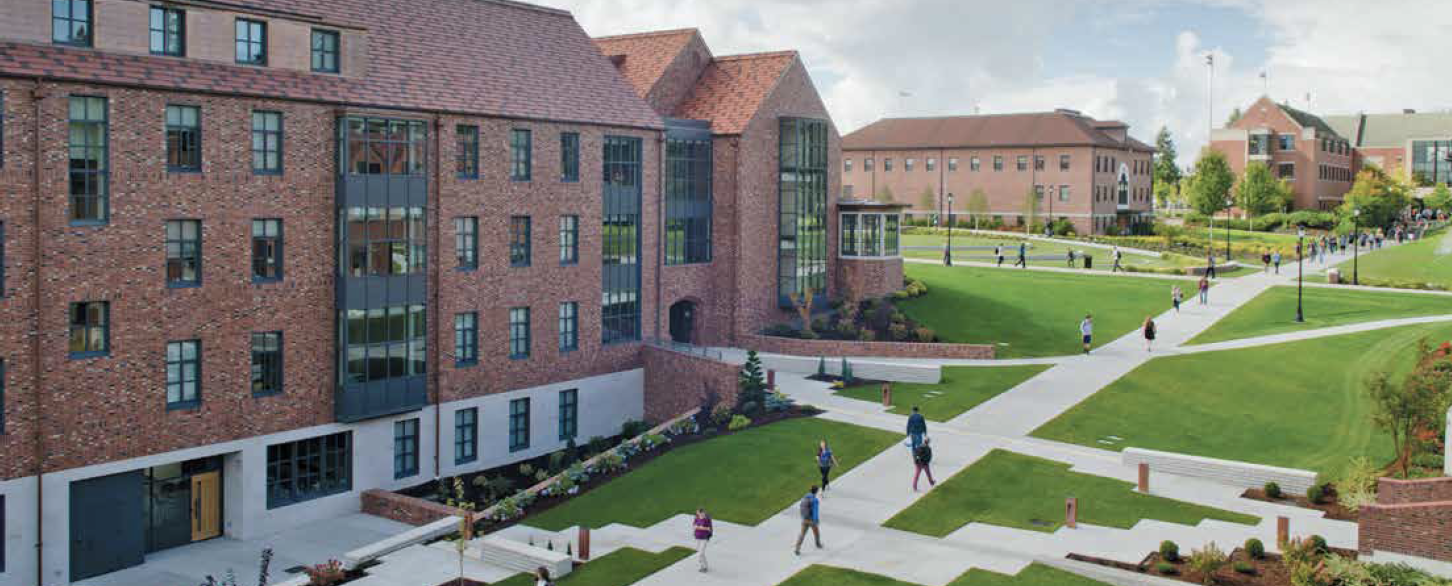Worth one-quarter credit and an add-on to students’ already-set spring schedules, the class was conducted virtually every Thursday during the last six weeks of the semester. Interested students, like LiBert, enrolled over spring break. “I had a full class load, but it didn’t seem like this would be a typical academic class,” LiBert recalls. “It was more of a way for me to have an outlet to productively talk about the virus in a non-panicky way.”
Class topics included models that politicians use to frame emergencies (war versus natural disaster) and enacted policies (stay-at-home orders, school closings, business restrictions), and their effects on inequality and social safety nets, as well as how the value American citizens place on individual freedoms affects the country’s response. “It was as if we were at a roundtable, but on Zoom,” LiBert recalls of the class format. “That’s special because I don’t think a lot of schools have the closeness to be able to do that with people you’ve never had in class before.”
Perhaps adding to that feeling of closeness was the fact that the class was led not only by Jacobson, but by three student facilitators. All had completed internships in state government just as coronavirus cases were appearing in Washington and legislators were enacting preventative measures. “They came back with a wealth of knowledge,” Jacobson says. She intended for those students to complete a condensed class about their experiences after spring break, but “threw that curriculum out the window” once on-campus classes were canceled. Instead, she had students conduct research on the states’ different approaches to the virus and, using that knowledge, lead class discussions. “They’re doing research as it’s unfolding, which is pretty amazing,” she says.
One facilitator was Ashley Rot ’21, a politics and government major who interned at the Washington State Capitol. Being a facilitator transformed her fear and anxiety into empowerment. “I truly now feel well informed,” she says. “I feel myself taking control of family conversations and am wanting to understand this confusing narrative that changes day to day.”
While Rot gained strength from the knowledge, LiBert called the experience eye opening, and was humbled after understanding that government affects every aspect of each person’s everyday life, including her own. “As a senior taking this class, it gave me the realization of what I’m about to step into and allowed me to come to terms with it and not freak out.”
But Jacobson might have learned the most. Watching her students not only adapt but thrive in the popup class gave her confidence that they would do the same in the challenging world in which they now find themselves. “It’s hard for students,” Jacobson says. “They want an answer but, obviously, we’re not going to have one right now. That’s psychologically challenging. But they are phenomenally capable, and enthusiastically draw connections between their classes and what’s happening around them to become grounded and think about paths forward.”

